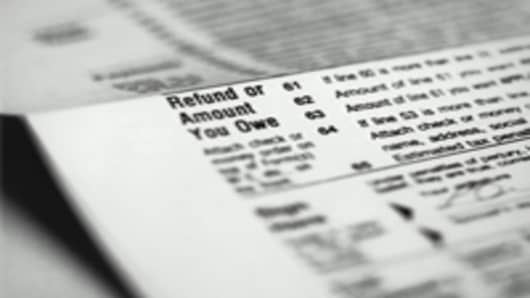Corporations are no longer exempt from receiving 1099s, and the purchase of goods is also included in the new requirement. This now means that business owners must report all business-to-business transactions, including purchases made from Staples, Office Depot and other vendors for example. If a business owner pays for purchases with a credit or debit card, they are not required to issue a 1099—only for payments made via check or cash. So, get those receipts out.
The new 1099 reporting requirement is forcing business owners to keep better track of their books. Yes, this is time consuming, but ongoing bookkeeping can save small business owners hundreds of thousands of dollars every year and can help entrepreneurs grab hold of their vulnerabilities. The results of this new legislation is keeping businesses from evading taxes and indirectly offer savings to small businesses that adopt more rigorous bookkeeping standards.
E-file for Free
This will save you a trip to the post office at 11:59 p.m. on April 17. Tax payers making $57,000 or less may be eligible to use free tax preparation software and electronic filling. The software completes the forms from a series of questions that allow you to input your information. Those making in excess of $57,000 can e-file for free using free fillable file forms, which provide the forms, but do not include the tax preparation software.
Don't Forget Deductions
Finally, make sure you've made note of every deduction you are allowed. There are several that allow you to subtract business costs from gross income. There are a handful of business expenditures that qualify as deductions. Knowing which deductions are appropriate will save you headaches later on.
Save on start-ups: The costs of launching a business are considered capital expenses, and you may deduct $5,000 your first year in business.
Business-related education: You can deduct educational expenses that maintain or improve skills required in your present employment. This includes seminars, classes and convention fees.
Deduct on driving: You may be able to expense the cost of a vehicle if it is for your business. Also, be sure to document the mileage driven for business and you can deduct 55.5 cents per mile on your tax return. You may also deduct for tolls and parking costs.
Equipment and software savings: It can be a fairly costly task to get your small business up to speed with today’s ever-changing technologies. Equipment Section 179 of the Internal Revenue Code allows you to deduct up to $125,000 of the cost of new equipment or other assets in 2012 — this includes personal computers, laptops and office furniture. Additionally, you can deduct software purchases for your small business if it was purchased and used within the same year.
Perks of working from home: Not only does a home office allow you to work in last night’s pajamas, it also makes you eligible for home-office deductions. As long as the designated “office” space within your home is used exclusively for business purposes, you might be able to deduct a handful of things ranging from a portion of your rent and utilities to internet costs and repairs.
• Self-employed health insurance deductions: The self-employed health insurance deduction is one of the most significant deductions you can take as a small business owner. You may be qualified to deduct premiums paid on qualified longterm-care insurance, medical and dental insurance not only for yourself, but for your spouse and dependents that are under the age of 27.
Greg Jones is the CEO of Vienna, Va.-based BookKeeping Express, an international bookkeeping business designed to support small to mid-sized companies.
Email us at SmallBiz@cnbc.com
Follow us on Twitter @SmallBizCNBC


